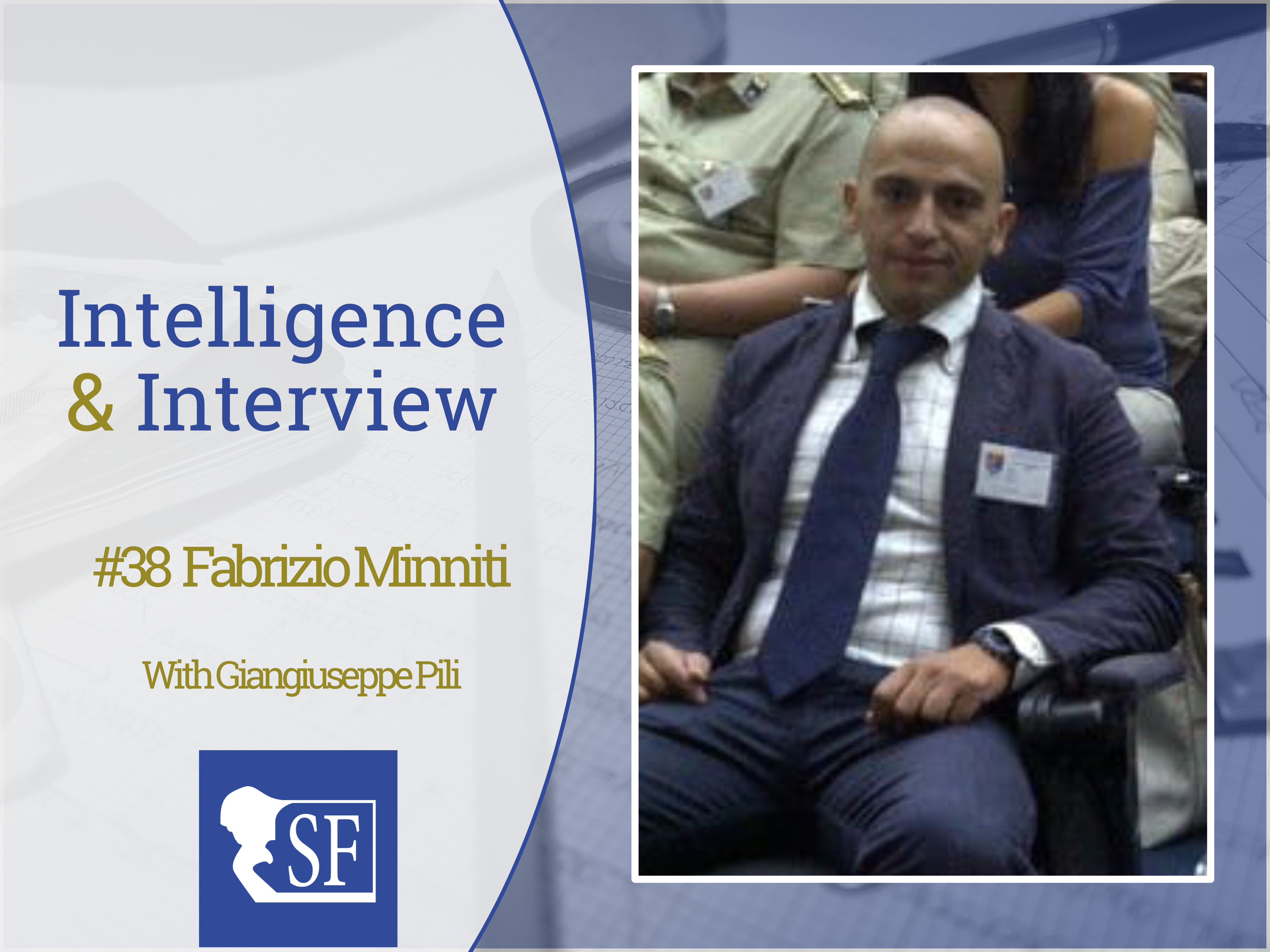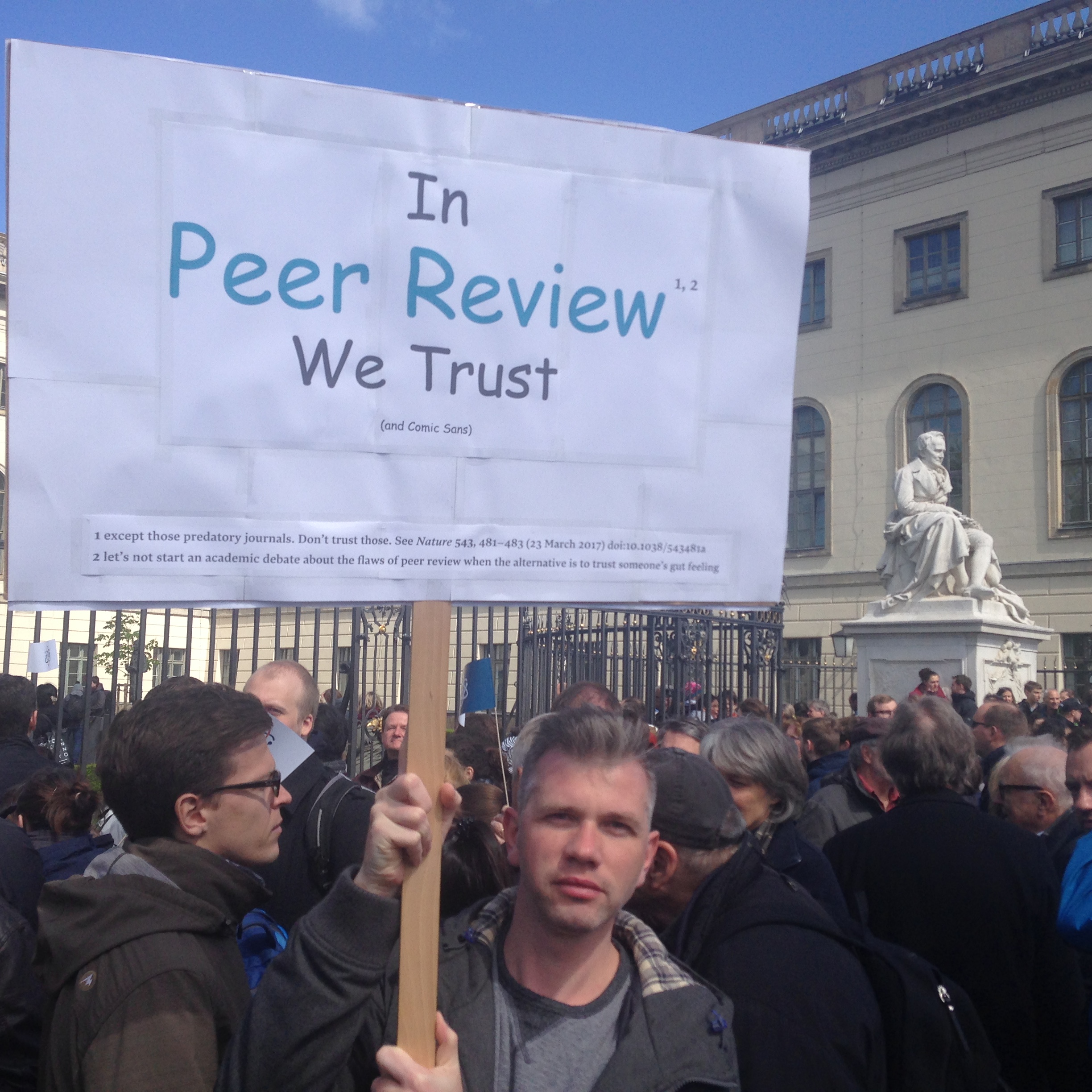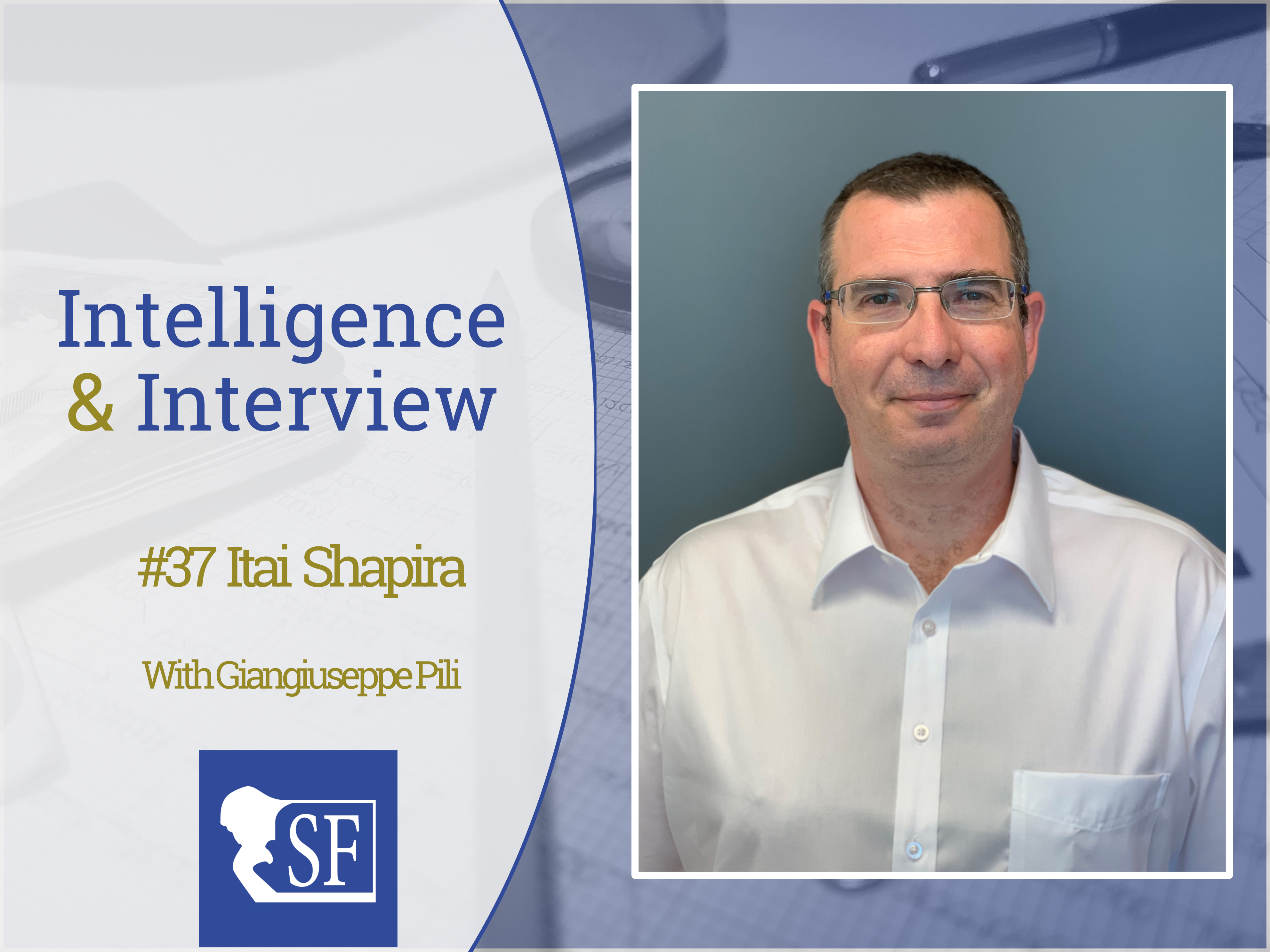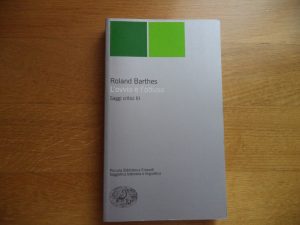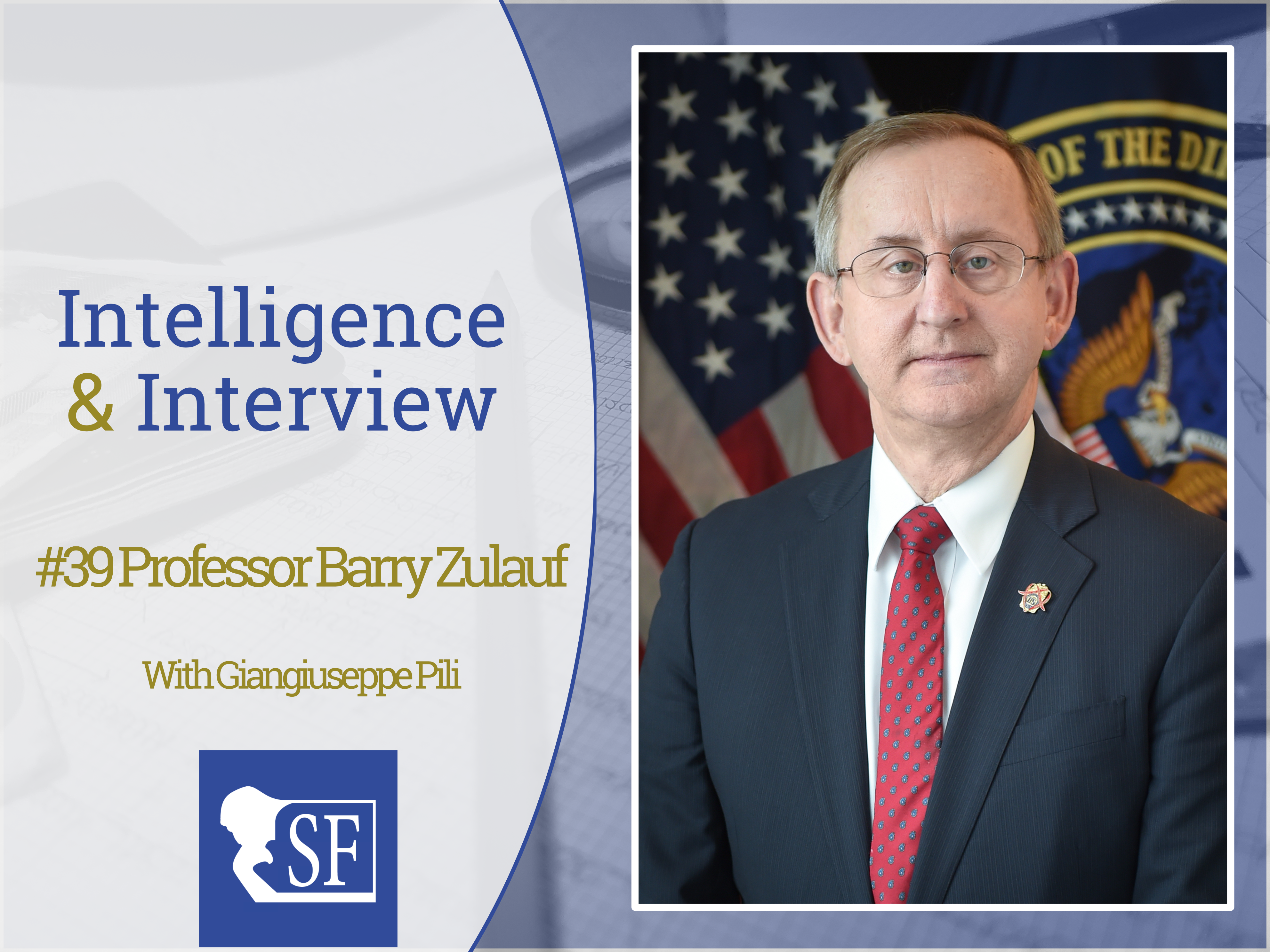
Discover Intelligence & Interview and Subscribe to the Newsletter!
I wanted to include a chapter to cover the International Association for Intelligence Education from the start of this series. I started being part of IAFIE in 2019, when I participated in the last pre-pandemic conference in New York (as I have already stated, one of the most interesting conferences in which I took part insofar). IAFIE always offered interesting updates, insights on the intelligence profession, and the opportunity to discover more about intelligence education. As one of the series’ missions is to bring as much as different experiences and visions as possible, IAFIE was always in my mind. As now the series has to end soon and the processes of translation and editing for the next two collective books for the Italian Society of Intelligence (SOCINT), it was the right time to invite Professor Barry Zulauf to join the conversation for covering IAFIE, which will hopefully have a news conference in Italy in 2022 (in Pordenone). There is a specific IAFIE chapter (for more on IAFIE’s chapters, see #6), IAFIE Europe. We already invited and interview other IAFIE members during the course of the series, but this time the interview is dedicated to IAFIE itself. Professor Zulauf doesn’t need any introduction for all intelligence educators and intelligence scholars. With more than 40 years as an educator and extensive direct experience in the intelligence profession, Professor Zulauf is the president of IAFIE and is an inspiration for all intelligence educators. This interview covers IAFIE’s mission, practices, and vision, and much more. Its history and evolution give a glimpse into the world of intelligence education. As a part of other interviews dedicated to substantially national societies and associations relevant for intelligence and security, this interview is instead devoted to bringing the eminently international case. I take the chance to all our readers to follow IAFIE, join it, and have a look at its website (recently renewed): https://www.iafie.org/. It is then with my distinct pleasure to publish the interview on Scuola Filosofica – for those who don’t know it yet; it is one of the leading cultural blogs in Italy. In the name of Scuola Filosofica Team, our readers, and myself, Giangiuseppe Pili, Barry: thank you!
1# Professor Barry Zulauf, let’s start from the basics. How would you like to present yourself to the national and international readers?
I have been an educator at the undergraduate and graduate level for 40 years, and a professional all-source intelligence analyst for nearly 35 of those years. I have also been a Naval Officer, with a combat tour in Afghanistan, retiring after 22 years. There is no more satisfying job than teaching. I have been able to touch thousands of young lives over the years, I have been a part of hundreds of them choosing careers in public service, national security, and intelligence. I continue to be a friend and mentor to dozens of them – some who have risen to high positions in the Intelligence Community – Generals, Admirals, agency leaders. There is no more important function for intelligence professionals than to prepare the next generation of intelligence leaders, and to make sure all intelligence professionals are aware of the requirements and have the intellectual tools needed to carry out objective analysis and perform ethical intelligence activities.


